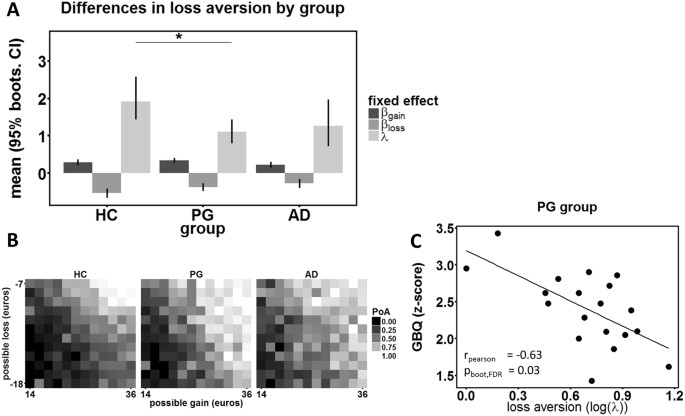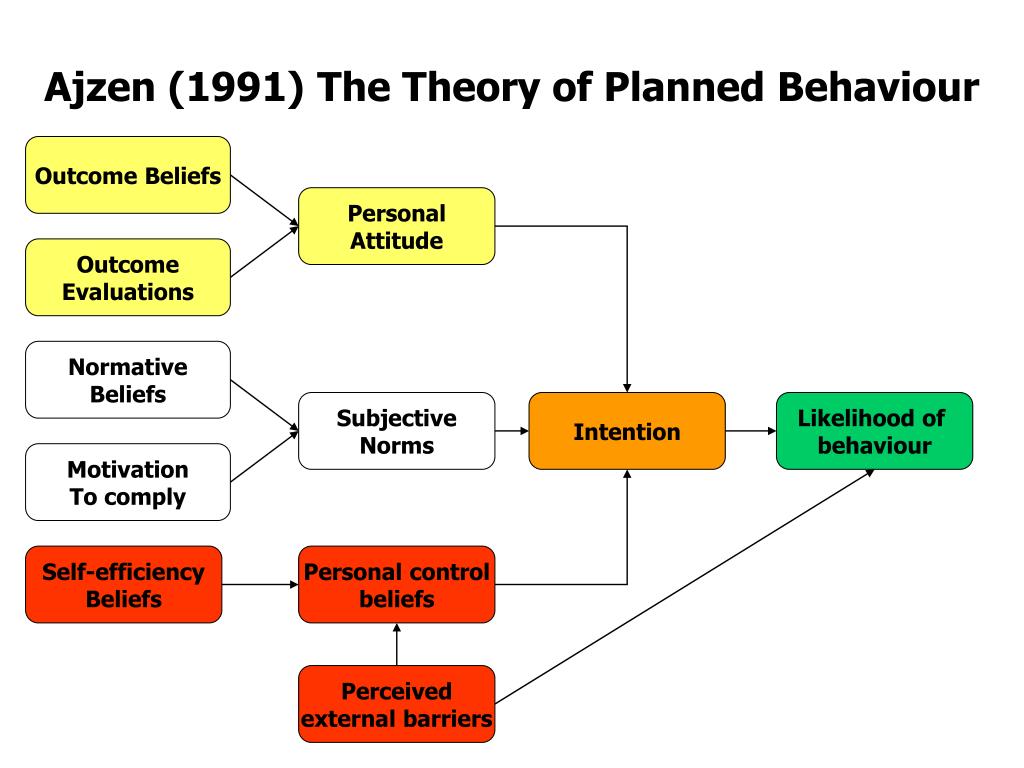- Gambling is an important public health concern. To better understand gambling behavior, we conducted a classroom-based survey that assessed the role of the theory of planned behavior (TPB; i.e.
- Theory of Planned Behaviour (TPB) A cognitive theory first proposed by Azjen and Fishbein (1975) Assumption A person's decision to perform a particular behaviour (such as stopping smoking) can be predicted by their intentions. According to the theory, intentions are determined by three variables: 1.
- The Theory of Planned Behavior upholds the key assumptions contained in the Theory of Reasoned Action, with certain modifications of its own. Deriving from the suppositions in TRA, the intentions of the individual largely reflects his personal attitudes, or their perception on the extent of favorability of an act.
- Theory Of Planned Behaviour Gambling Definition
- Theory Of Planned Behaviour Gambling Laws
- Theory Of Planned Behaviour And Gambling
Learning theory explains gambling in terms of operant conditioning: gambling behaviour is reinforced and this increases the likelihood that the behaviour will be repeated. Griffiths (2009) argues that some types of gambling, such as slot machines, may become addictive because, as well as financial rewards, there are physiological rewards (the adrenaline and dopamine ‘buzz' of winning.
Theory Of Planned Behaviour Gambling Definition

About
As electronic or e-gambling services widen both the reach and scope of gambling practice, a new generation of gamblers is playing in previously non-existent ways. From related fields we know that behaviors that shift to the Internet change both in form and intensity (i.e. excessive online video gaming), and induce new norms (i.e. the acceptance of porn, sexting, partner-seeking ads). The research on these changes for e-gambling is extremely limited. This means we have very little knowledge regarding the risks and opportunities that e-gambling present. Yet, this information is crucial for responsible gambling efforts.
The current study aims to extend our understanding of this shift. It will, first, assess e-gamblers' perceptions of risks and opportunities. Secondly, it will explore the drivers behind e-gambling behavior, which will aid with targeted (digital) prevention and intervention, and ultimately, contribute to clinical assessment of gambling behavior. Research on traditional gambling has successfully applied the theory of planned behavior to understand why people gamble. This theory explains behavior through attitudes, norms, and control-beliefs. We aim to study e-gambling through this established framework with a specific focus on the opportunities and risks associated with e-gambling. Research questions will be answered using a mixed methods approach, which will involve a qualitative study and a representative national sample quantitative study.
Duration of the project
Theory Of Planned Behaviour Gambling Laws
The project runs from December 2015 – December 2016.

About
As electronic or e-gambling services widen both the reach and scope of gambling practice, a new generation of gamblers is playing in previously non-existent ways. From related fields we know that behaviors that shift to the Internet change both in form and intensity (i.e. excessive online video gaming), and induce new norms (i.e. the acceptance of porn, sexting, partner-seeking ads). The research on these changes for e-gambling is extremely limited. This means we have very little knowledge regarding the risks and opportunities that e-gambling present. Yet, this information is crucial for responsible gambling efforts.
The current study aims to extend our understanding of this shift. It will, first, assess e-gamblers' perceptions of risks and opportunities. Secondly, it will explore the drivers behind e-gambling behavior, which will aid with targeted (digital) prevention and intervention, and ultimately, contribute to clinical assessment of gambling behavior. Research on traditional gambling has successfully applied the theory of planned behavior to understand why people gamble. This theory explains behavior through attitudes, norms, and control-beliefs. We aim to study e-gambling through this established framework with a specific focus on the opportunities and risks associated with e-gambling. Research questions will be answered using a mixed methods approach, which will involve a qualitative study and a representative national sample quantitative study.
Duration of the project
Theory Of Planned Behaviour Gambling Laws
The project runs from December 2015 – December 2016.
Staff involved
Financed by
Theory Of Planned Behaviour And Gambling
- Belgian National Lottery (Nationale Loterij), Responsible Gaming program

